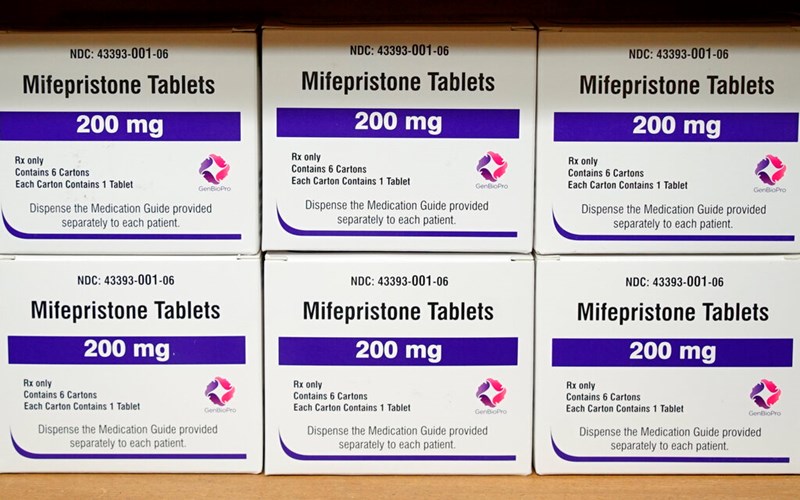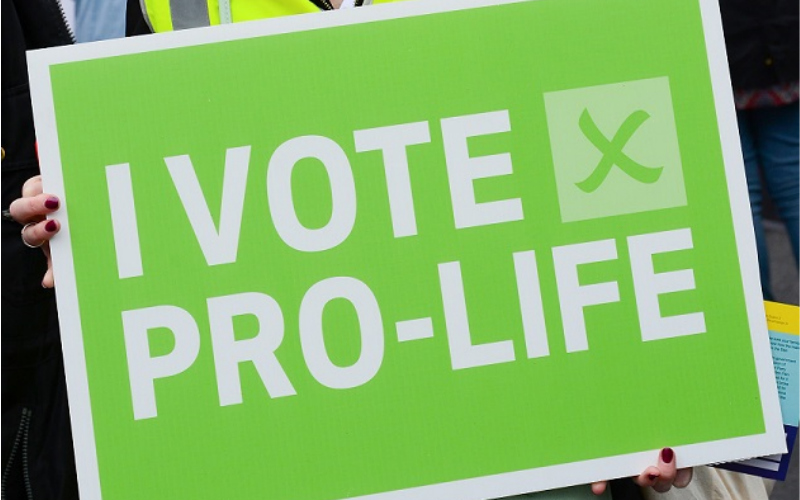The Indiana Department of Health has released stats on abortions in 2022 – or, as the state prefers to label it: "terminated pregnancies." Roughly 80% of the abortions were performed on residents of Indiana; the remainder were performed on out-of-state residents – most of whom traveled in from Kentucky and Ohio.
Practically all the 9,529 abortions in the state last year occurred at 13 weeks' gestation or earlier (two-thirds were done during weeks 2-8 of gestation); and slightly more than half were "non-surgical" – i.e., chemical abortions.
While the state's report only addresses abortion statistics going back to 2018, Mike Fichter – president and CEO of Indiana Right to Life – tells AFN child terminations were at the highest level in a decade.
"Indiana became an abortion destination state in the summer of 2022 – [and] we're extremely disappointed by this," he shares. "Not only did the number of abortions rise in Indiana but we also saw a 600% increase in reported abortion complications in Indiana, including one death that was reported in 2022."

Fichter describes some of the complications on state records.
"Uterine perforation; incomplete abortions, which is a way of saying that parts of the baby were left inside the mother; cervical laceration [and] bleeding," he lists. "… And within these complications, the largest percentage of complications showing up on these reports is [the result of] abortion drugs."
National data show abortion drugs are four times more dangerous than a surgical abortion.
The pro-life spokesman also points out another factor: Indiana's law with strict protections for the unborn went into effect in 2022 – but only for one week, because the courts brought it to a halt. Had that law stayed in effect without court intervention, he says the stats would have been lower.







